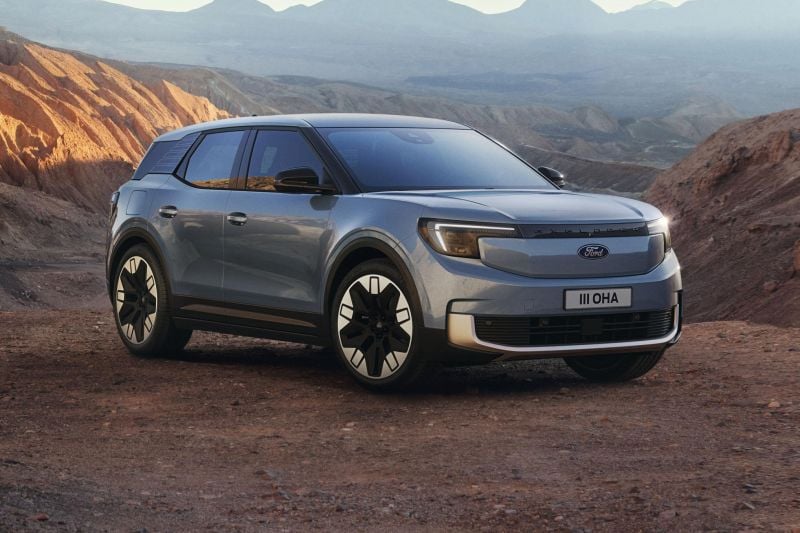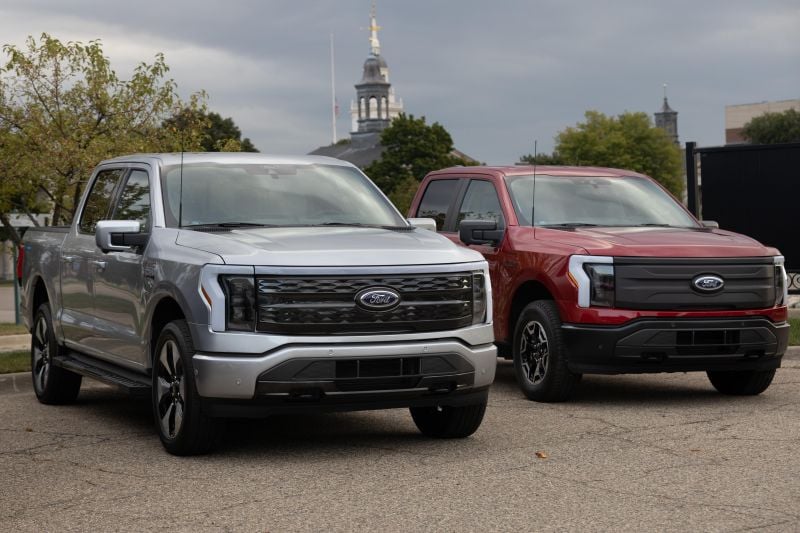Yesterday Ford confirmed it was delaying around US$12 billion ($19 billion) in electric vehicle (EV) investment due less-than-expected demand.
The announcement was made during a call with investors and reports to discuss the automaker’s third quarter earnings.
Executives were keen to point out that Ford wasn’t delaying development of new EVs, but that it was being cautious in adding extra capacity to build those cars, while also slowing production of the existing Mustang Mach-E.
“We’re not moving away from our second generation [EV] products,” John Lawler, Ford’s chief financial officer, told the media including CNBC and TechCrunch.
“We are, though, looking at the pace of capacity that we’re putting in place. We are going to push out some of that investment.”
Lawler also wanted to counter the narrative that “EVs aren’t growing”, it’s just that they’re “growing at a slower pace than the industry and, quite frankly, we expected”.
Jim Farley, Ford’s CEO, said part of the reason EV demand has cooled is that customers aren’t willing to pay a premium for EVs over petrol, diesel or hybrid cars.
Referencing Tesla’s repeated price cuts in the US, Lawler stated “there’s a tremendous downward pressure in the EV segment right now on pricing”.
Farley put on an upbeat tone, thanking Tesla for its price cuts for giving Ford “laser focus on cost”. He claimed the Blue Oval was “making real progress on our second and third cycle EVs that are in the midst of being developed today”.
A large chunk of Ford’s US$12 billion reduction in EV spending comes from delaying, for an unknown duration, one of the two battery plants it is planning to open with South Korean firm SK On.
While the Kentucky battery factory has been placed on hold, the other battery facility, which will part of the Blue Oval City EV manufacturing site in Tennessee, is still reportedly on track. When it opens in 2025, the “mega campus” will churn out a new generation of electric pickup trucks and SUVs.
Ford says it is still aiming to make EVs at a profit within a few years, but right now loses at the all-electric Model e division are widening, with Model e losing US$1.3 billion ($2 billion) in the last quarter — double what it lost in the same period last year.
This contrasts with the US$1.7 billion ($2.7 billion) profit made by both the Ford Pro commercial vehicle and Ford Blue divisions.
The bad news from Ford regarding its EV plans follows hot on the heels of GM and Honda cancelling plans to jointly develop “affordable EVs”.
A week ago, GM confirmed it was delaying adding a second production site for its Chevrolet Silverado EV and GMC Sierra EV pickup trucks. It has also pushed back the launch of the more affordable Chevrolet Equinox EV crossover.


